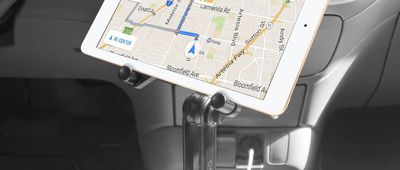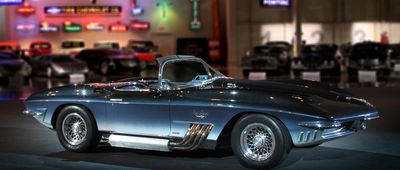Pickup Nitpicking
The bestselling vehicle in America has been a truck for four consecutive decades. Trucks are big, powerful, reliable beasts that work hard and play hard. Although they’re more than capable off-road, today’s trucks are comfortable, luxurious, and tricked out with amazing tech and safety features. All that coolness can make it easy to ignore the simple fact that trucks aren’t for everybody; they come with major drawbacks that will likely be deal-breakers for many car people considering a switch.
“Trucks are big,” said Jerry Wilson of Complete Auto Guide. “They're also expensive, more difficult to park, and can't squeeze into tight places. They can be really heavy, too, which is far from ideal in a world of ever-increasing gas prices. Don't get me wrong, pickup trucks absolutely have their place. But think about if that place really has to be your driveway.”





















